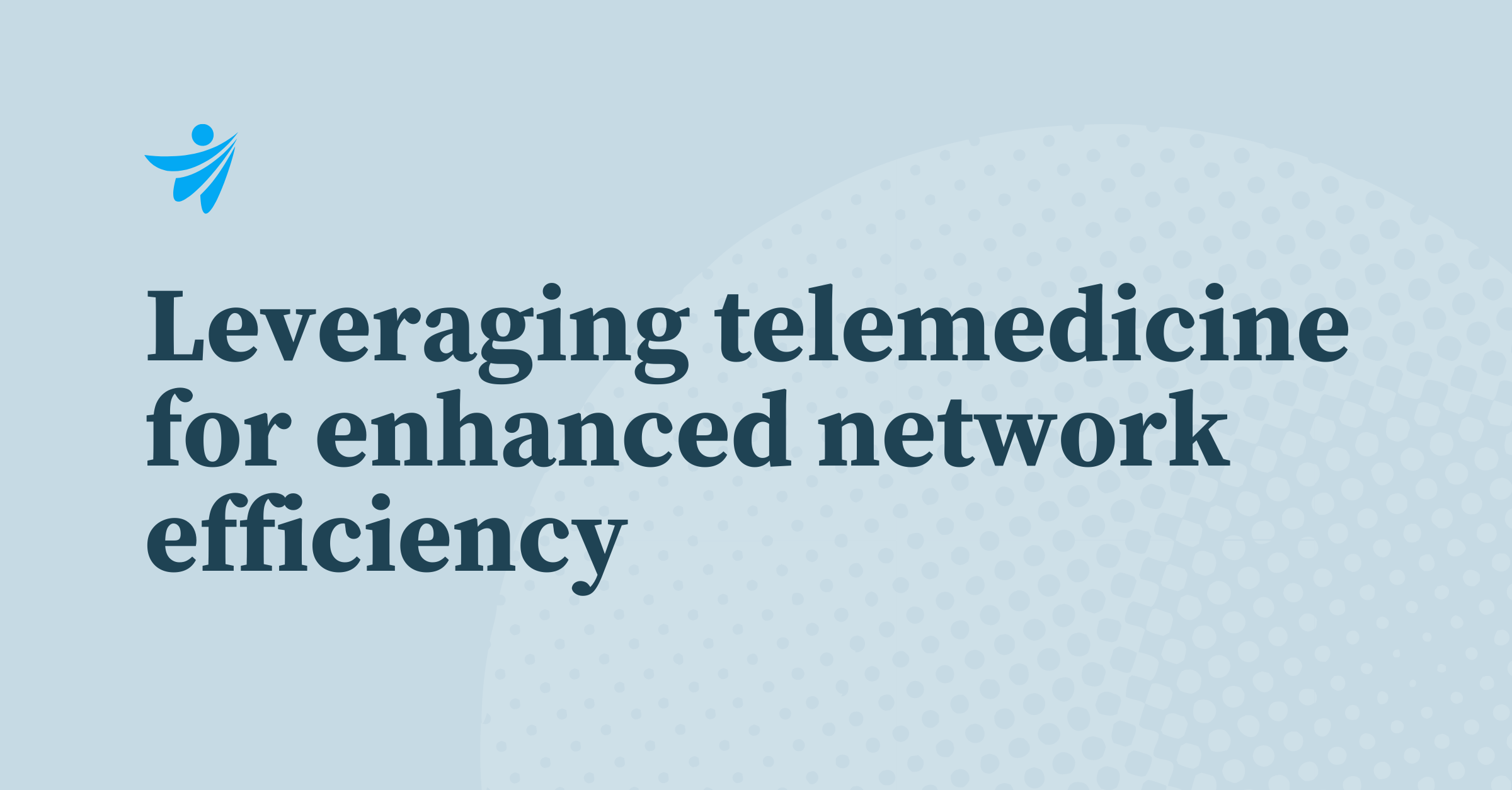
Insights for Payers
Jul 11, 2024
Healthcare Analytics | July 20, 2023
Healthcare stakeholders from all corners of the industry agree that artificial intelligence (AI) will play a pivotal role in transforming our sector. From diagnosing diseases with greater accuracy to creating personalized treatment plans to automating burdensome administrative tasks, the technology has seemingly innumerable uses for providers, payers, life sciences, pharma, and other healthcare organizations. As the first in a two-part series, this article will focus on AI’s impact on the payer space and how, by leveraging AI models, insurers can streamline administrative workflows, detect fraudulent activities, and make data-driven decisions to drive efficiency and cost-effectiveness. More and more healthcare payers are using AI to automate claims processing and management. Payers are embracing this technology because it can minimize the amount of manual effort their employees put into tedious administrative tasks. For example, many insurance companies use natural language processing algorithms to extract relevant information from claim forms, verify eligibility and assess medical necessity. By deploying this technology, payers can more accurately analyze and validate claims — enabling faster processing times and improving overall operational productivity. A primary reason that health plans adopt AI is to optimize the prior authorization process, which is notoriously complex and time-consuming. By leveraging advanced algorithms and machine learning techniques, AI can automate and expedite various aspects of the procedure. For instance, AI can efficiently analyze and interpret the information provided in prior authorization requests, leading to faster and more accurate decision-making. This reduces the need for manual review and minimizes the potential for errors or inconsistencies. Additionally, AI can analyze historical data and patterns to identify trends and make predictions, aiding in identifying potential fraud, waste, and abuse. By automating routine tasks and flagging anomalies, AI allows payers to re-focus their resources on complex cases that require human intervention, ultimately improving the overall quality and speed of the prior authorization process for all claims in the funnel. While AI holds great potential to eliminate bottlenecks and drive efficiency, there are still some important challenges that payers must consider when it comes to deploying this technology. Data privacy and security and machine learning bias are among the most significant issues surrounding AI’s use in healthcare. AI processes vast amounts of sensitive health data, necessitating strong safeguards to protect patients’ privacy and comply with regulations like HIPAA. Robust data encryption, strict access controls, and careful data-sharing agreements are essential to prevent unauthorized access, breaches, and leaks. Payers must also address biases in AI algorithms to ensure fairness and transparency. Regular monitoring and auditing of AI models can help health plans maintain ethical standards and uphold patient trust. Furthermore, health insurers’ adoption of AI introduces the black box issue. This refers to the lack of transparency in AI decision-making —intricate algorithms and the use of unsupervised learning can make it challenging to find the detail behind how results are reached. This lack of transparency raises questions regarding accountability, trust, and fairness of AI-driven determinations. Ensuring transparency and interpretability in AI systems is crucial to address these concerns and building stakeholder trust. Concerns about AI producing inaccurate information have become especially prevalent in recent months, given the rapid rise of generative AI models like ChatGPT. Generative AI can occasionally produce inaccurate information that requires careful vetting — due to their training on large datasets, these AI models may inadvertently generate false or misleading content. It is essential to have mechanisms to validate and verify the information these models generate to ensure accuracy before relying on it for decision-making or dissemination to users. Many leading health plans are embracing the transformative power of AI to enhance operational efficiency and cost-effectiveness. AI can automate manual processes, streamline claims management and detect fraudulent activities better than humans, meaning that payers save time and resources. Additionally, AI-powered analytics and predictive modeling can improve risk assessment and create personalized care plans, ultimately leading to better patient health outcomes while reducing healthcare costs. New AI models can help insurers improve risk assessment, enhance personalized care, and enable proactive interventions for better health outcomes. By incorporating AI into program and care management, payers can bridge gaps in healthcare access and improve outcomes for underserved populations. For example, AI can analyze social determinants of health to identify and address disparities. These technologies can enable predictive modeling for early intervention, optimize resource allocation, and facilitate personalized care delivery. Insurers should prioritize staying at the forefront of AI adoption to maintain a competitive edge in the rapidly evolving healthcare landscape. Payers can gain valuable insights by leveraging AI in data analysis, automation, and predictive modeling capabilities. This will help them optimize workflows and drive innovation, positioning themselves as leaders in the dynamic healthcare industry.How payers are leveraging AI
Challenges of using AI in healthcare
Future Outlook: Unlocking the Full Potential of AI for Healthcare Payers
Conclusion